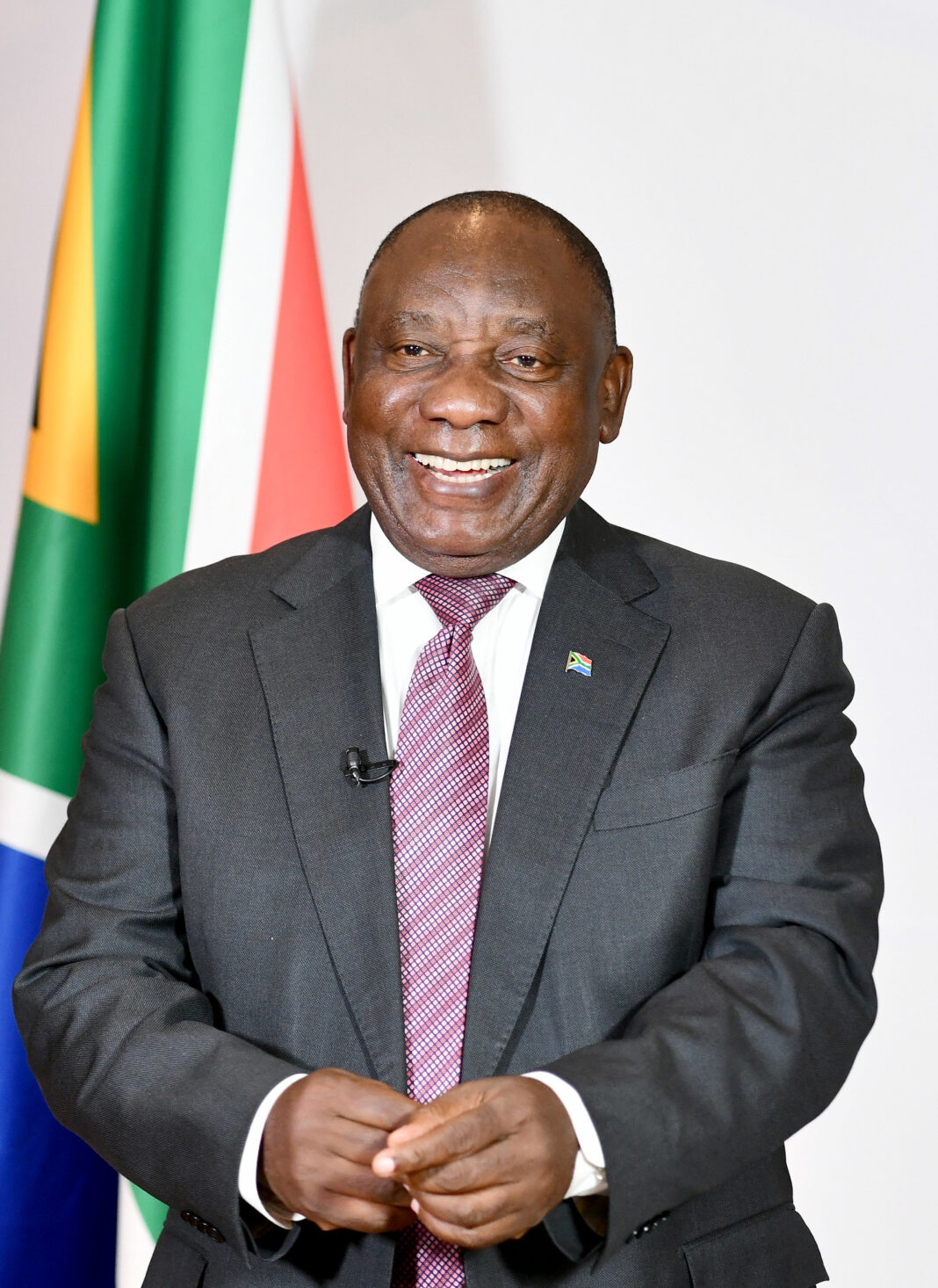President Cyril Ramaphosa has raised concerns with the rising number of Covid-19 cases in South Africa and is expected to hold a meeting with his National Coronavirus Command Council this week to discuss the way forward, the City Press reported on Sunday.
While the president initially had no intentions to address the nation, he might be forced to make several adjustments to the lockdown before the start of the festive period on Thursday, sources within the presidency told the newspaper.
Specific concerns have been raised around the high number of gatherings that are expected to take place over the festive break, with reduced numbers at gatherings being considered. Under South Africa’s current adjusted level 1 lockdown, the number of people permitted to attend indoor gatherings is 750 people, while up to 2,000 people may attend outdoor events.
Other adjustments around the sale of alcohol have also been mooted, a source told the paper.
“He is considering proposing to the NCCC and cabinet a few adjustments which include banning the sale of alcohol on weekends and public holidays until mid-January. Don’t be surprised when we have a family meeting before Thursday. He is serious about protecting the country.”
Health minister Joe Phaahla has confirmed that the government is expected to hold meetings on Tuesday or Wednesday to make recommendations on new lockdown restrictions.
In a media briefing on Friday, Phaahla said that the meetings will include recommendations from his department and experts from the government’s Ministerial Advisory Committee.
Ahead of these meetings, the government is not currently in a position to discuss whether the country will remain at an adjusted level 1 lockdown or possibly move to a level 2 lockdown, he said.
Phaahla said that discussions around additional lockdown restrictions would focus on a number of issues, including:
- The increase in the number of cases;
- The impact of cases on hospitals;
- The impact of lockdown on the economy;
- Whether South Africans are following non-medical interventions, the level of social behaviour and whether this is having an impact on social activities.
On Saturday, South Africa reported 17,154 new Covid-19 cases. A total of 104,831 tests were conducted in the previous 24 hours, with the new cases representing a 16.4% positivity rate. A further 36 Covid-19 related deaths have been reported, bringing total fatalities to 90,116 to date.
Bloomberg reported that hospitals have 5,434 Covid-19 patients of which 7.5% are in intensive care units. Of the 406 people in ICU, 148 are on ventilators, the National Institute for Communicable Diseases said in a report on Saturday.
Over 2,500 of the admissions are in Gauteng, the province that includes Johannesburg and Pretoria. The numbers compare with the 5,344 who were in the hospital a day earlier, with 7.6% of those in ICU.
The discovery of the Omicron has sparked concerns of a flood of hospitalizations and severe infections. The country’s three biggest private hospital groups have said that to date, it appears to be milder than previous infection waves.
The number of people in the hospital due to Covid-19 is, so far, a fraction of the total at the height of earlier infection waves, Bloomberg said. Covid-19 hospitalizations peaked at nearly 20,000 in January and July, the peaks of the country’s second and third waves respectively.
South African hospitals have 5,434 Covid-19 patients of which 7.5% are in intensive care units, the National Institute for Communicable Diseases said in a report on Saturday.
Of the 406 people in ICU, 148 are on ventilators, Bloomberg reported, citing the institute’s report. Over 2,500 of the admissions are in Gauteng, the province that includes Johannesburg and Pretoria.
The numbers compare with the 5,344 who were in the hospital a day earlier, with 7.6% of those in ICU.
The announcement of the discovery of a new coronavirus variant, Omicron, sparked concerns of a flood of hospitalisations and severe infections. The country’s three biggest private hospital groups have said that so far cases appear to be milder than in previous infection waves, Bloomberg said.
The number of people in the hospital due to Covid-19 is, so far, a fraction of the total at the height of earlier infection waves. Covid-19 hospitalisations peaked at nearly 20,000 in January and July, the peaks of the country’s second and third waves respectively.

